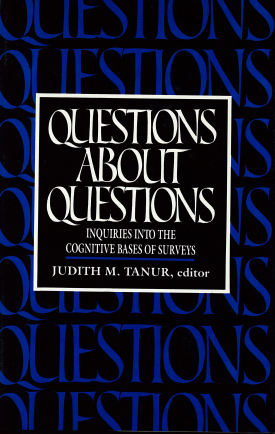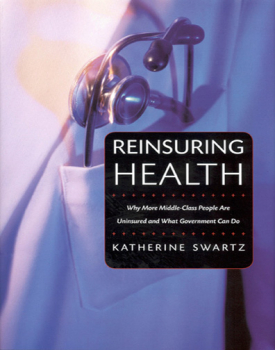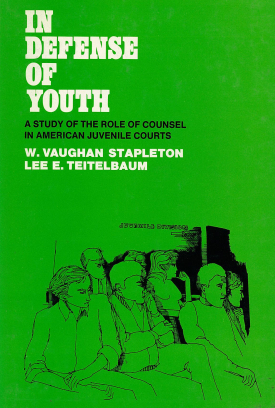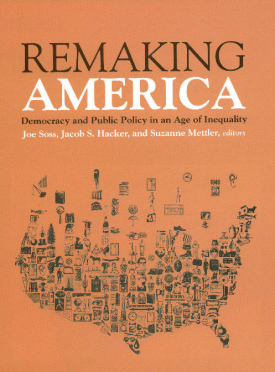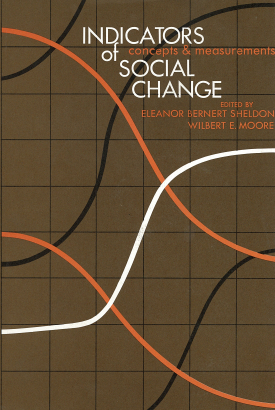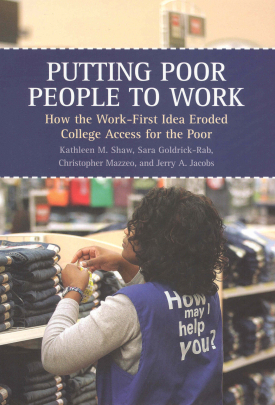
Surveying Subjective Phenomena, Volume 2
About This Book
In January 1980 a panel of distinguished social scientists and statisticians assembled at the National Academy of Sciences to begin a thorough review of the uses, reliability, and validity of surveys purporting to measure such subjective phenomena as attitudes, opinions, beliefs, and preferences. This review was prompted not only by the widespread use of survey results in both academic and non-academic settings, but also by a proliferation of apparent discrepancies in allegedly equivalent measurements and by growing public concern over the value of such measurements.
This two-volume report of the panel’s findings is certain to become one of the standard works in the field of survey measurement. Volume I summarizes the state of the art of surveying subjective phenomena, evaluates contemporary measurement programs, examines the uses and abuses of such surveys, and candidly assesses the problems affecting them. The panel also offers strategies for improving the quality and usefulness of subjective survey data. In volume II, individual panel members and other experts explore in greater depth particular theoretical and empirical topics relevant to the panel’s conclusions.
For social scientists and policymakers who conduct, analyze, and rely on surveys of the national state of mind, this comprehensive and current review will be an invaluable resource.
CHARLES F. TURNER is professor of Applied Social Research at the City University of New York.
ELIZABETH MARTIN is research associate at the National Research Council.
CONTRIBUTORS: Robert P. Abelson, Barbara A. Bailar, Marian Ballard, Theresa J. Demaio, Otis Dudley Duncan, Baruch Fischhoff, Lester R. Frankel, William H. Kruskal, Michael B. Mackuen, Catherine Marsch, Elizabeth Martin, Sara B. Nerlove, Howard Schuman, Tom W. Smith, Charles F. Turner

